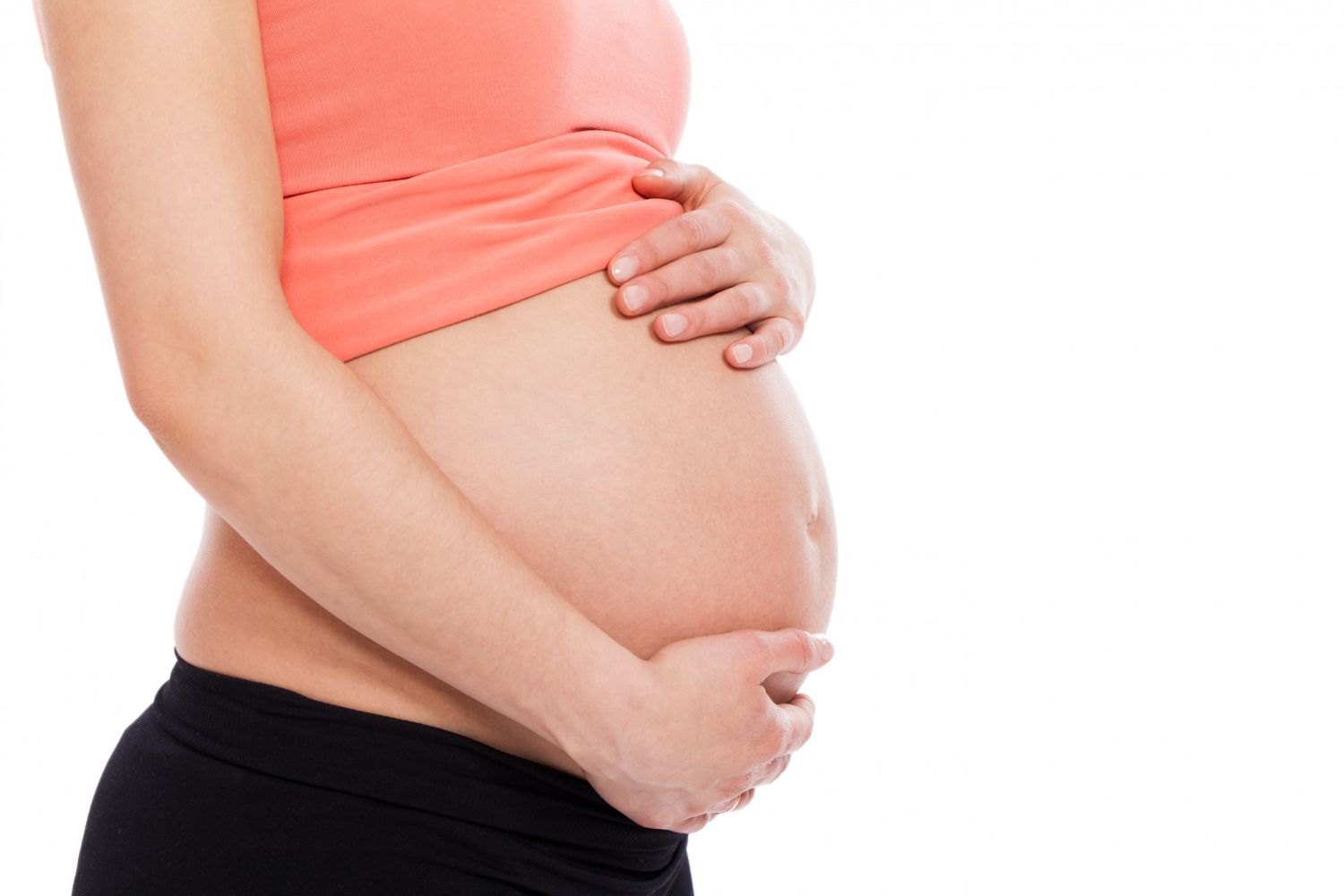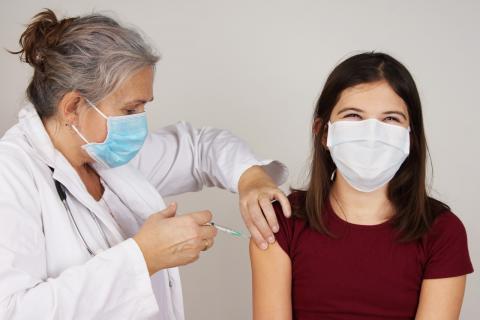Reaction: EMA recommends approval of first vaccine in pregnancy to protect infants against RSV in the first six months of life
The European Medicines Agency (EMA) has recommended marketing authorisation in the European Union for Abrysvo vaccine to protect against respiratory syncytial virus (RSV) disease in infants up to six months of age. It is the first vaccine of its kind indicated for passive immunisation of newborns through administration to the mother during pregnancy. It is also indicated for people over 60 years of age. The European Commission now has to decide on its EU-wide marketing authorisation.

Ángel Hernández - vacuna VRS EMA EN
Ángel Hernández Merino
Pediatrician and collaborator of the Advisory Committee on Vaccines, the Spanish Association of Pediatrics and the Spanish Association of Primary Care Pediatrics
RSV infections have a major impact in terms of morbidity and mortality, especially in young infants and older people, and associated health and social costs in our environment.
After many years, research is bearing fruit and providing authorities and professionals with prevention tools that can change the current situation. These tools include new vaccines and specific monoclonal antibodies.
Now, the EMA has just recommended the authorisation of Abrysvo (Pfizer), a vaccine aimed at pregnant women (with the objective of passive protection - immunisation - of their infants in their first months of life) and people aged 60 years and older. Abryxvo is the first RSV vaccine for use in pregnancy.
Previously, the European Union authorities had already authorised the marketing of the vaccine Arexvy (GSK, 7 June 2023) in people aged 60 years and older. Similarly, the US FDA has also recently given its approval to Arexvy and Abrysvo in people aged 60 years and older.
In Spain, the Spanish Association of Paediatrics (through the CAV-AEP) recommended earlier this year the use of nirsevimab (Beyfortus, AstraZeneca) in infants up to 6 months of age (a monoclonal antibody approved by the EMA and the European Commission in October 2022 and marketed in Spain in March 2023). The Public Health Commission of the SNS Interterritorial Council is in the midst of discussions to establish recommendations for use, although several autonomous communities have already announced that they will begin administering it this autumn.
The availability of Abrysvo for use in pregnancy opens a new period of analysis and debate on the strategy to fight RSV. Vaccinating pregnant women to protect their babies once they are born (directly, through the antibodies passed through the placenta, and indirectly, by protecting maternal health) is already done for whooping cough, influenza and covid-19. In the latter two cases, the aim is also - and this is very important - to avoid the complications of natural infection in the pregnant woman herself, which are particularly serious and frequent during pregnancy.
The vaccination of pregnant women with the primary objective of protecting their babies once they are born is an issue that has always raised interesting debates and ethical considerations, which will be raised again on this occasion, once Abryxvo has been approved by the European Commission, an approval that will presumably occur in the coming weeks.
Implementing a new vaccine during pregnancy is not an easy task, both from the point of view of logistics and obstetric practice, as well as from the point of view of acceptance by pregnant women, the target population for whom it is intended. There are obvious difficulties in achieving optimal vaccination coverage with established vaccinations (which improved during the covid pandemic but remain below the proposed targets: flu vaccination coverage in 2022 of 53.4%).
Pregnancy is a period in which safety concerns are a key element, rightly and necessarily, both for pregnant women themselves and for the professionals in charge of their care, scientific and research bodies, the pharmaceutical industry and, of course, the health authorities.
The immunogenicity, efficacy and safety data accumulated in the trials that have led to the current EMA authorisation recommendation are solid (Matisse study, Kampmann B et al., N Engl J Med 2023) and encouraging.
It remains to be seen what role this vaccine can play in the panorama of RSV infection control, a role that will have to be established within a global strategy of the Spanish NHS, and perhaps at the European level, in which all the variables and prevention tools available are considered.



